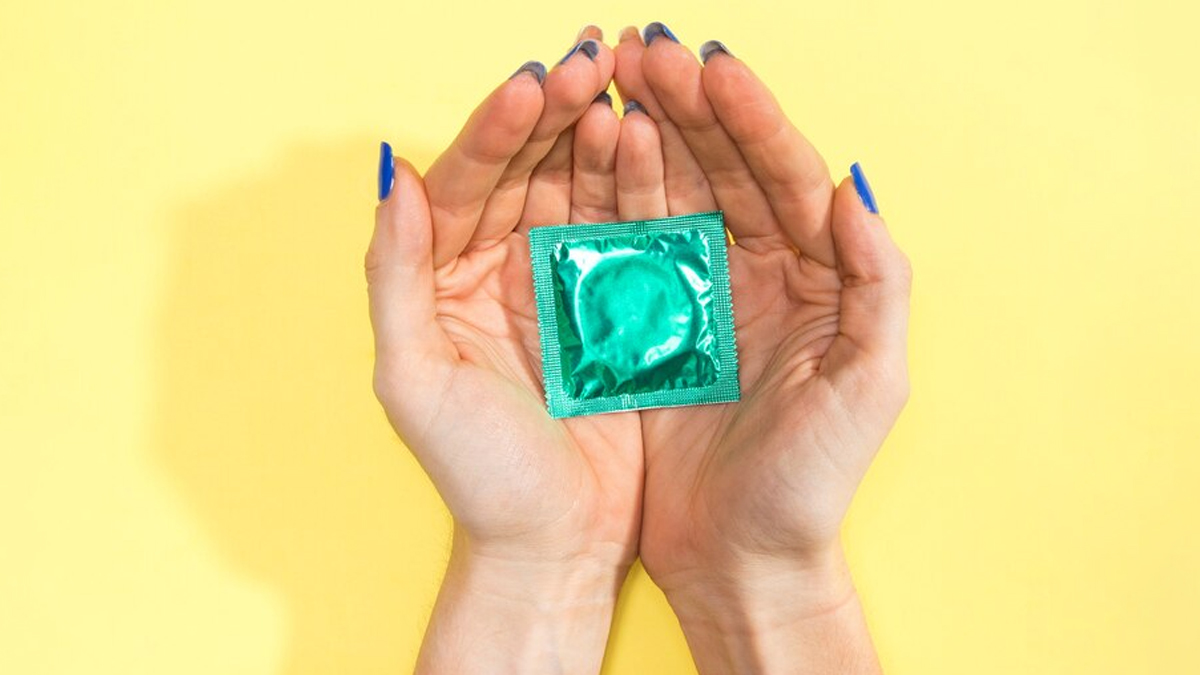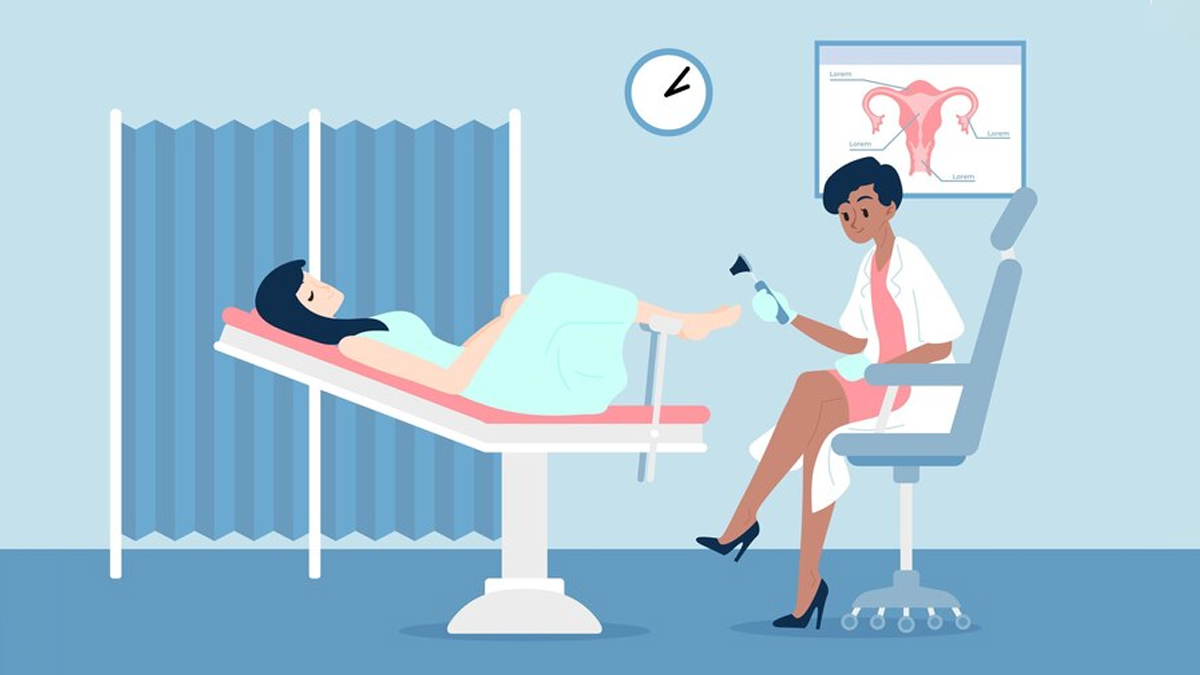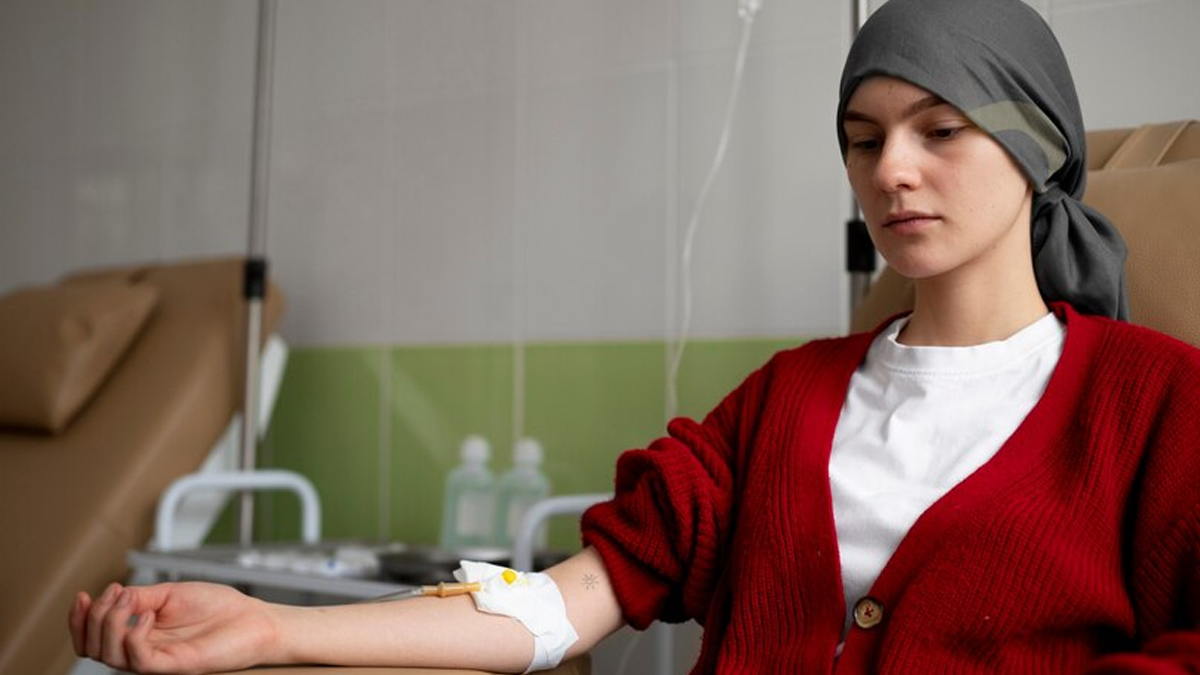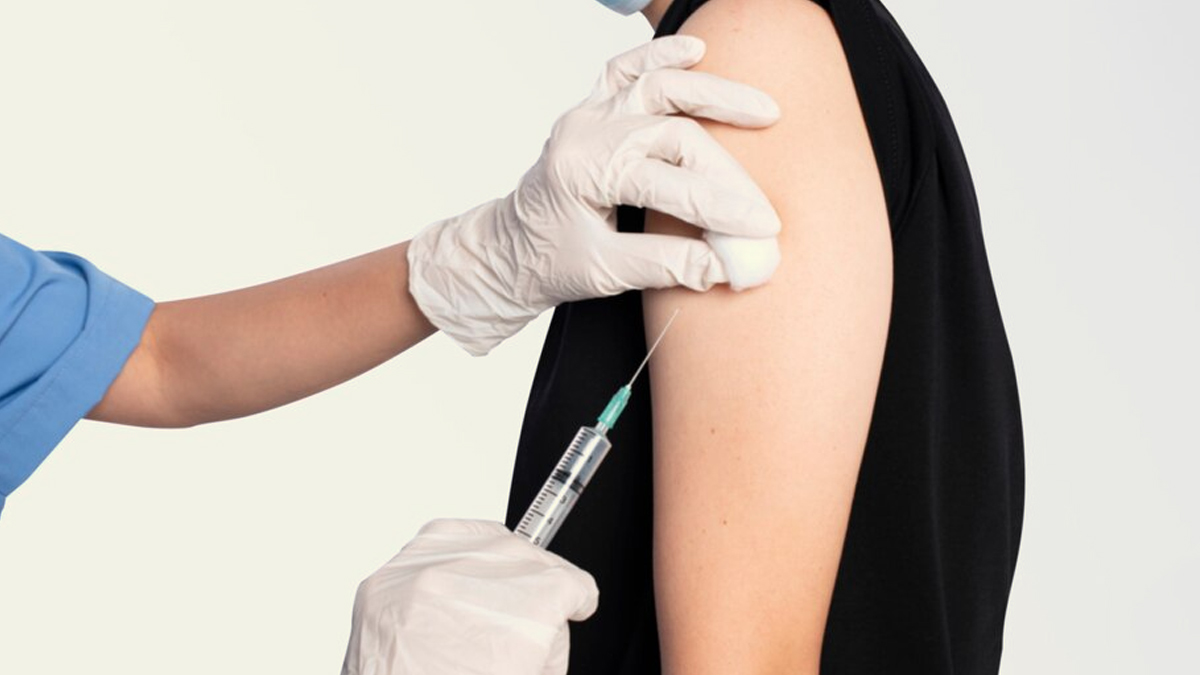
Cervical cancer is a major health concern, especially in India, where it ranks as the second most common cancer among women. The primary cause of cervical cancer is the human papillomavirus (HPV), a group of over 200 viruses, at least 40 of which can spread through direct skin contact. While the most effective way to prevent cervical cancer is through vaccination, maintaining personal hygiene can significantly reduce the risk of HPV infection and, consequently, cervical cancer.
Table of Content:-
To understand the role of personal hygiene in reducing the risk of cervical cancer, OnlyMyHealth team spoke to Dr Shivpal Saini, Surgical Oncologist, HCG Cancer Centre, Jaipur.
The Link Between Hygiene and Cervical Cancer
Dr Saini explains, “Proper hygiene, particularly in the intimate areas, plays a crucial role in lowering the risk of HPV infection. While hygiene alone cannot completely prevent cervical cancer, it can substantially reduce exposure to harmful viruses and bacteria.” Here’s how:
1. Practising Good Sexual Hygiene

Safe sexual practices are essential for reducing HPV transmission. Dr Saini states, "Women should encourage their partners to use condoms during intercourse. While condoms do not offer complete protection against HPV, since the virus can spread through contact with infected skin outside the covered areas, they remain an effective barrier against many sexually transmitted infections."
2. Post-Intercourse Hygiene
It is crucial to clean the vaginal area thoroughly after sexual activity to prevent infections. Using a clean cloth or vaginal wipes to wipe from front to back can prevent the virus from lingering. Dr Saini warns, "Neglecting proper hygiene after sexual intercourse can increase the risk of HPV infection, ultimately leading to cervical cancer."
3. Daily Vaginal Hygiene

Maintaining vaginal cleanliness on a daily basis can significantly reduce infection risks. Here are some key hygiene habits recommended by Dr Saini:
- Avoid using harsh soaps or douches, as they can disrupt the natural pH balance.
- Wear breathable cotton underwear to prevent moisture build-up.
- Change sanitary pads or tampons frequently during menstruation.
Screening and Vaccination: Key Preventive Measures
Although personal hygiene plays an important role, it should not replace crucial preventive steps like HPV vaccination and routine screenings.

HPV Vaccination: The HPV vaccine is highly effective in preventing infections caused by virus strains most commonly linked to cervical cancer. “It is recommended for young girls and women before they become sexually active,” Dr Saini emphasised.
Regular Screenings: Routine Pap smears and HPV tests help in the early detection of precancerous changes in cervical cells. Dr Saini emphasises, "Early detection through screenings allows for timely intervention, significantly improving treatment outcomes."
Recognising Symptoms of Cervical Cancer

Early detection of cervical cancer can improve treatment success. Some warning signs include:
- Abnormal vaginal bleeding (between periods, after intercourse, or post-menopause).
- Unusual vaginal discharge with a foul odour.
- Persistent pelvic pain or discomfort.
- Painful urination.
If any of these symptoms occur, consulting a healthcare professional immediately is crucial.
Treatment Options for Cervical Cancer

Treatment for cervical cancer depends on the stage of the disease and the patient's overall health. Common treatment options according to Dr Saini include:
Surgery:
- Cone Biopsy: Removes a small, cone-shaped section of abnormal tissue.
- Hysterectomy: Involves the removal of the uterus, with the extent of surgery varying based on cancer progression.
Radiation Therapy: Uses high-energy X-rays to destroy cancer cells, often combined with chemotherapy.
Chemotherapy: Involves the administration of drugs to eliminate cancer cells, especially in advanced stages.
Targeted Therapy: Focuses on molecules involved in cancer growth. For instance, Bevacizumab targets blood vessel formation in tumours.
Immunotherapy: A promising approach that strengthens the immune system’s ability to fight cancer cells, especially in advanced or recurrent cases.
Palliative Care: For late-stage cervical cancer, palliative care focuses on symptom relief, improving quality of life, and providing emotional and psychological support.
Also read: Do All HPV Infections Lead To Cancer? Doctor Answers The Most Common Question
Preventive Measures to Reduce Cervical Cancer Risk

Along with hygiene, women should adopt other preventive measures to safeguard their health:
- HPV Vaccination: Best taken before exposure to the virus, preferably during adolescence.
- Regular Health Check-ups: Pap smears and HPV tests help in early detection and treatment.
- Practising Safe Sex: Using condoms reduces the risk of HPV transmission.
- Healthy Lifestyle Choices: Eating a balanced diet, quitting smoking, and boosting immunity help in preventing infections.
Conclusion
Maintaining good personal hygiene is a simple yet effective way to reduce the risk of HPV infection, a key factor in cervical cancer development. When combined with vaccination, regular screenings, and awareness of symptoms, personal hygiene serves as an essential preventive measure. Dr Shivpal Saini advises, "Women should prioritise hygiene, get vaccinated, and undergo regular screenings to safeguard their health against cervical cancer." By adopting these preventive strategies, women can take proactive steps towards a healthier and cancer-free future.
Also watch this video
How we keep this article up to date:
We work with experts and keep a close eye on the latest in health and wellness. Whenever there is a new research or helpful information, we update our articles with accurate and useful advice.
Current Version